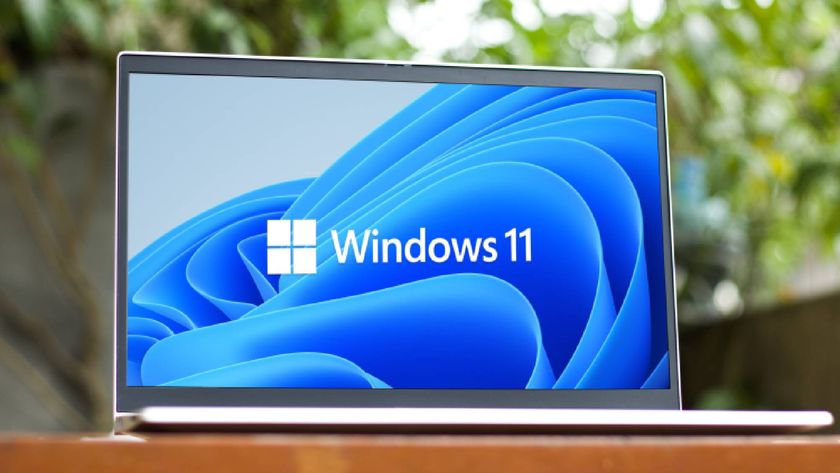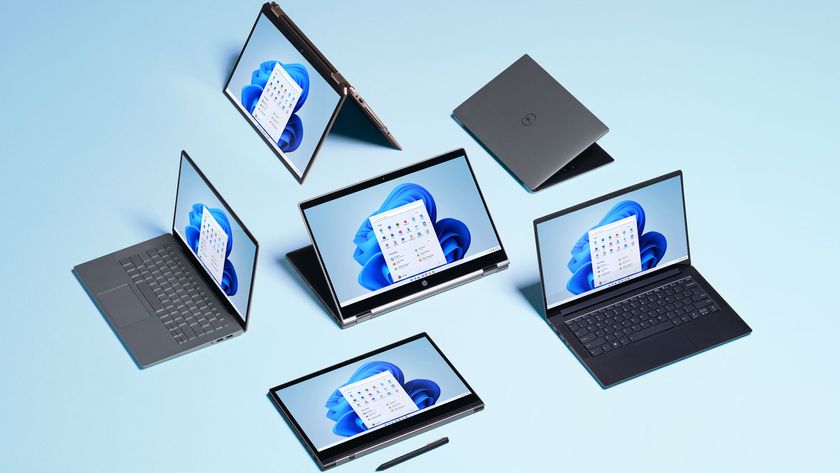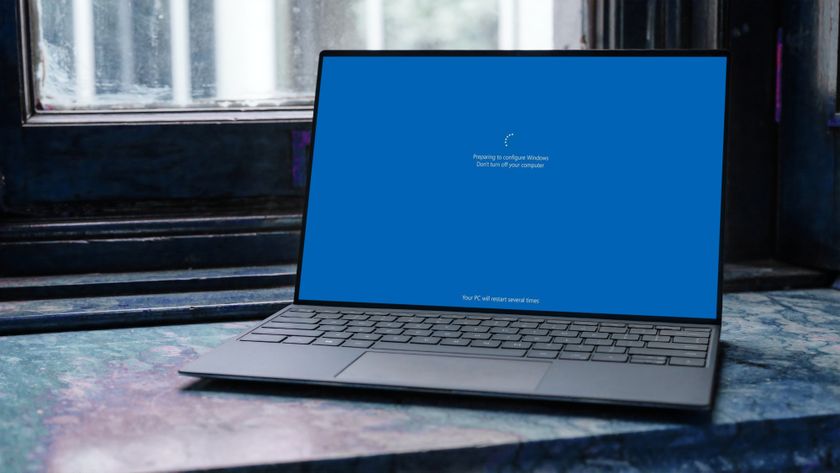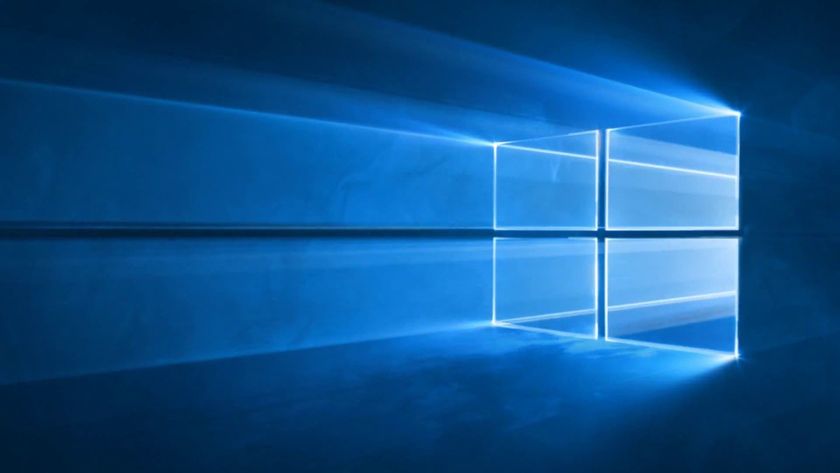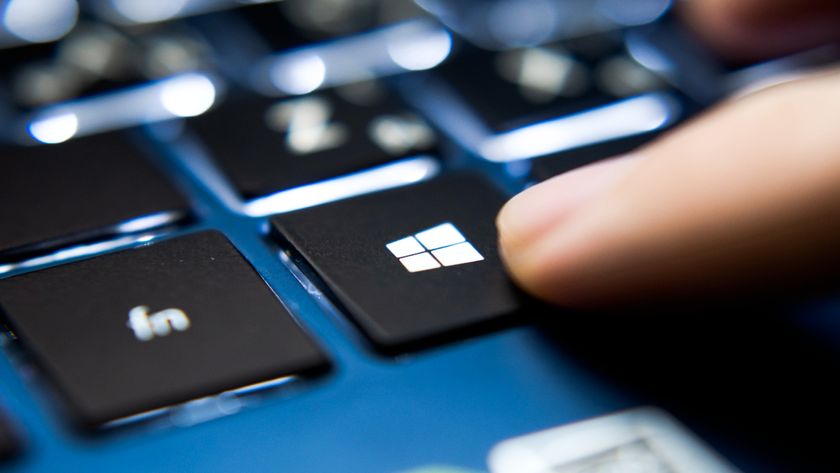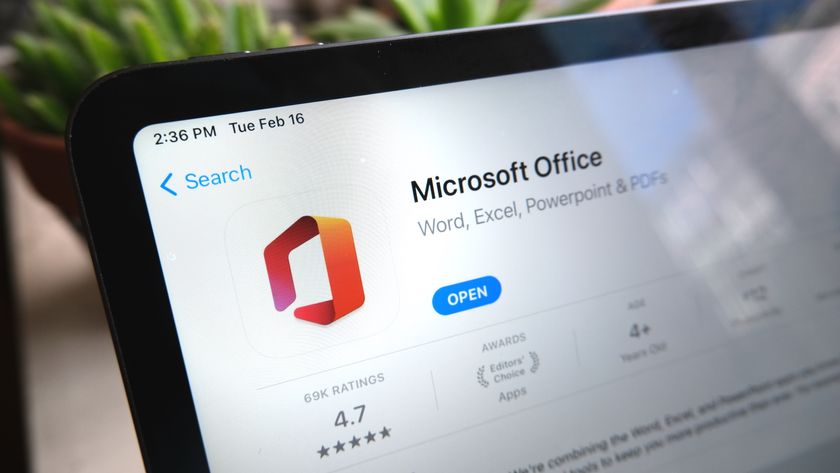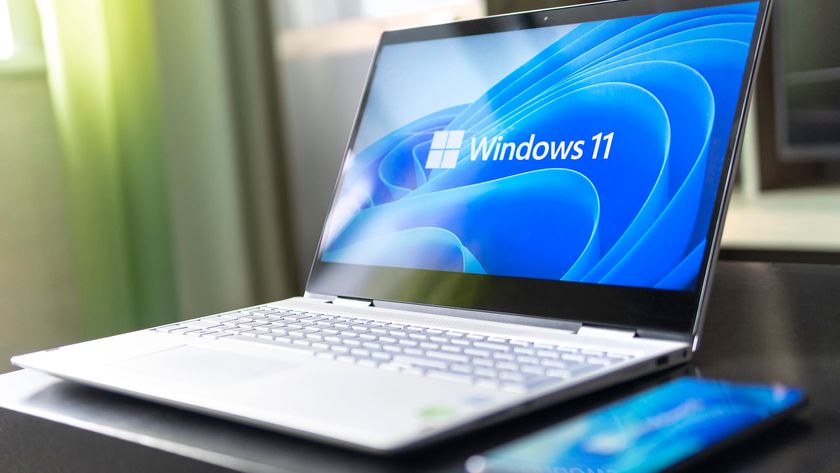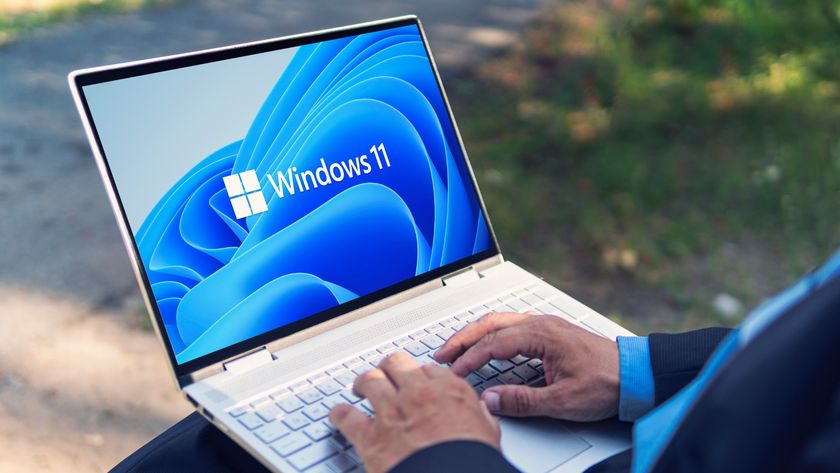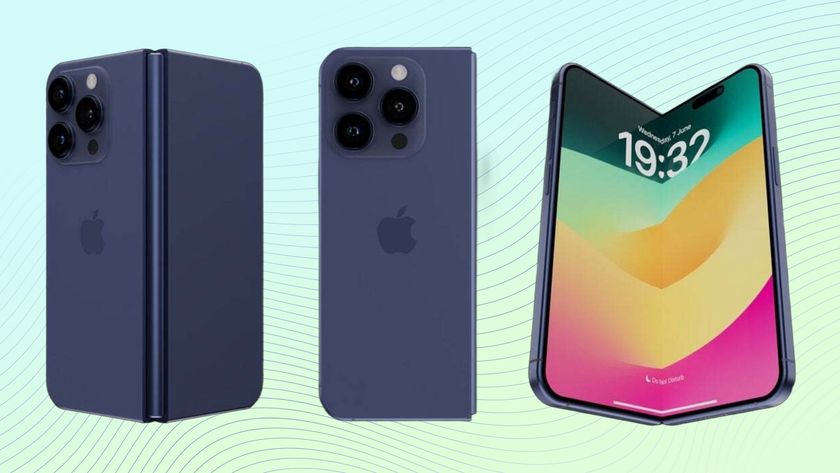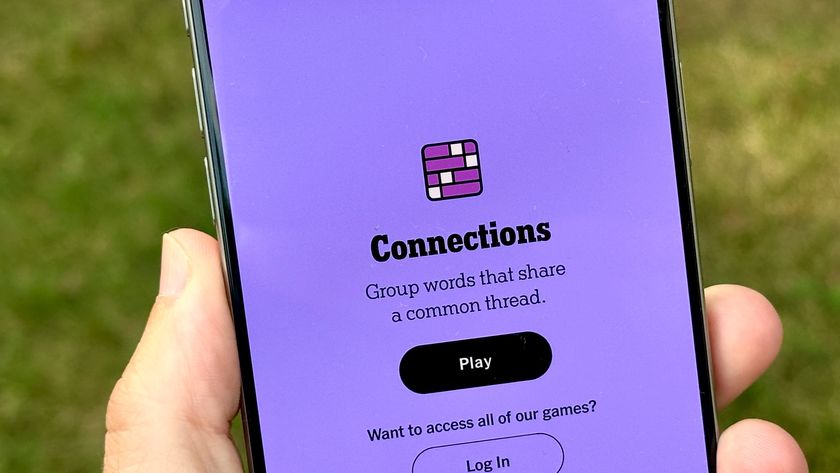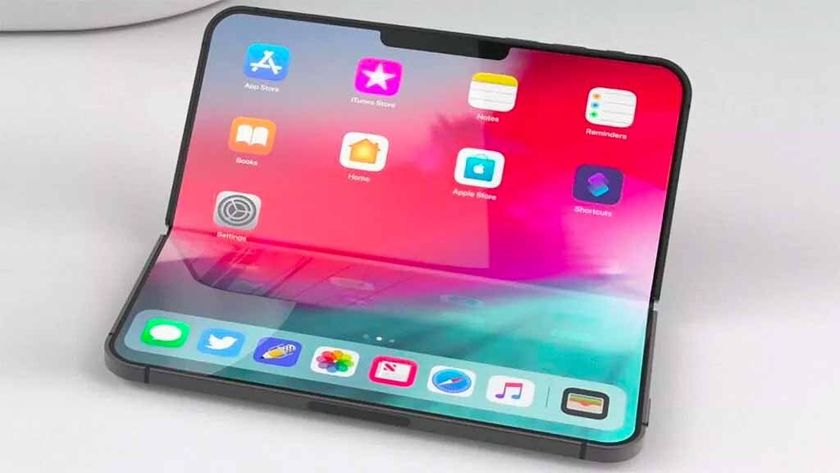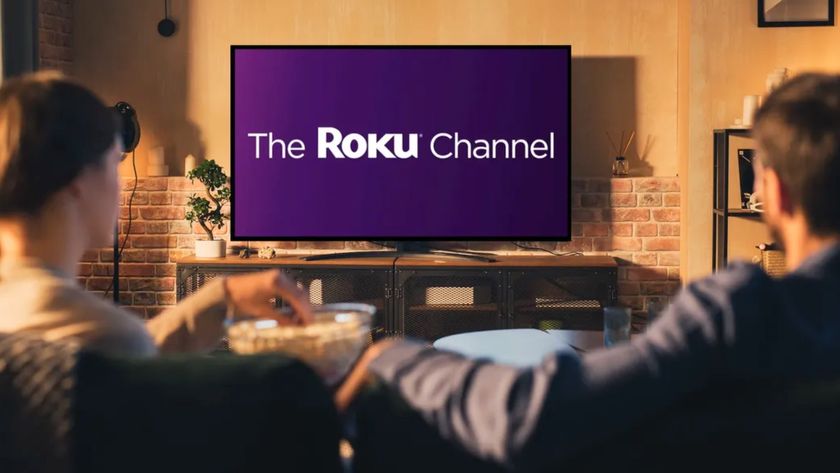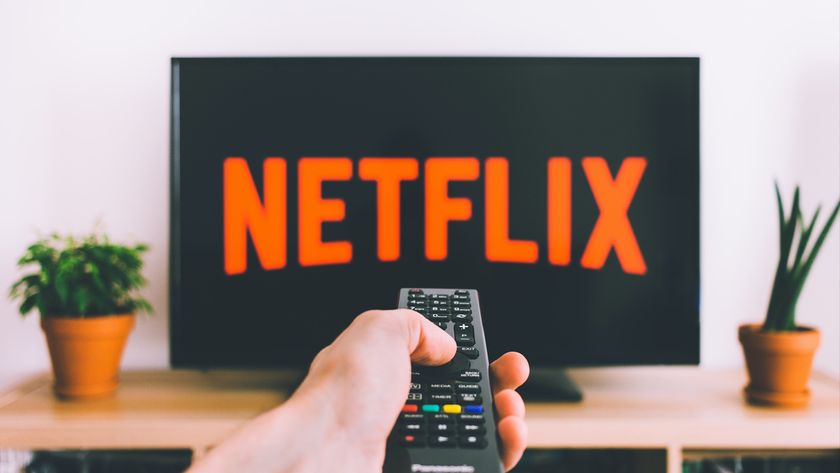China unable to update to Windows 11 due to foreign TPM chip ban
Chinese users will struggle to update to Windows 11
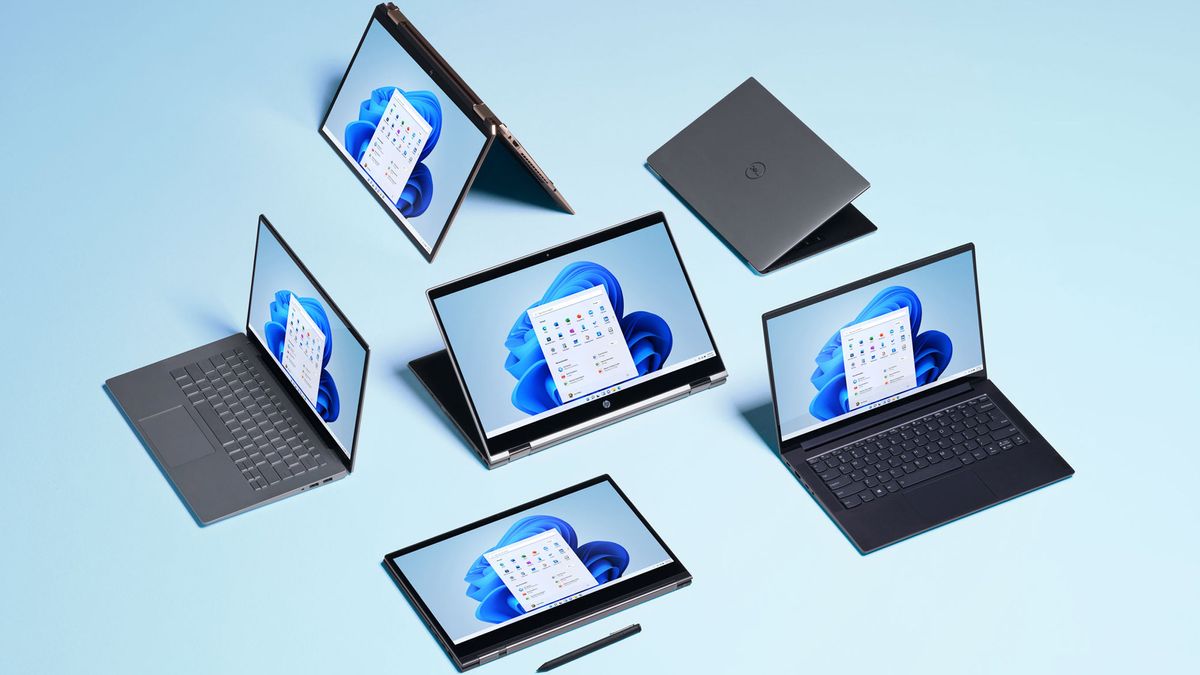
Windows 11 is now available to the public. Unfortunately, Microsoft’s latest operating system has strict requirements that PCs have to meet in order to qualify for the upgrade. Chief among these requirements is TPM 2.0 support. This is the main reason some (myself included) are unable to update to Windows 11. However, there are workarounds for the TPM check, both legitimate and potentially risky. Circumventing the TPM check isn’t difficult for most users around the world. But for many Chinese citizens, it's currently impossible to update to Windows 11 due to their country’s ban on foreign TPM chips.
The ban dates back to 1999, when China banned foreign TPM chips over national security concerns. This is related to China and the United States’ ongoing chipmaking war. Without the foreign-made TPM chips Microsoft requires to update to Windows 11, Chinese users cannot update their operating systems.
- Windows 11 review: Good, but no need to upgrade yet
- Windows 11 requirements: These are all the CPUs that are compatible
- Plus: Windows 11 pop-up warns of possible damage to unsupported PCs
“Today Microsoft released Windows 11. But the Dell laptops sold in China have filtered out TPM in accordance with China’s policies. So we can’t install it. Looking forward to a China-only version of Windows 11,” said a commentator on Weibo, China’s version of Twitter (via South China Morning Post).
Semiconductor analyst at Counterpoint Research, William Li, told the South China Morning Post that Microsoft has allowed some systems to bypass Windows 11’s TPM requirement. “Those specific offerings are tailored for countries that don‘t allow original encryption technologies, namely China and Russia,” said Li. These exceptions do not apply to regular consumers, however.
Windows is the most popular operating system in China. Despite that, Microsoft has never drawn a significant portion of its revenue from the country. In January 2020, the Redmond-based software giant only drew 2% of its annual revenue ($2 billion) from China. Software piracy is the main reason why Microsoft doesn't pull more money from the world's largest PC userbase. Microsoft won’t lose much revenue if Chinese users can’t update to Windows 11 so it may not bother addressing the issue, chip ban notwithstanding.
It's likely that this problem will be resolved, though it's impossible to say when.
Sign up to get the BEST of Tom's Guide direct to your inbox.
Get instant access to breaking news, the hottest reviews, great deals and helpful tips.

Tony is a computing writer at Tom’s Guide covering laptops, tablets, Windows, and iOS. During his off-hours, Tony enjoys reading comic books, playing video games, reading speculative fiction novels, and spending too much time on X/Twitter. His non-nerdy pursuits involve attending Hard Rock/Heavy Metal concerts and going to NYC bars with friends and colleagues. His work has appeared in publications such as Laptop Mag, PC Mag, and various independent gaming sites.
